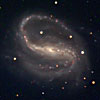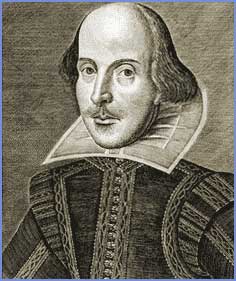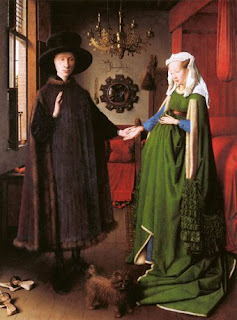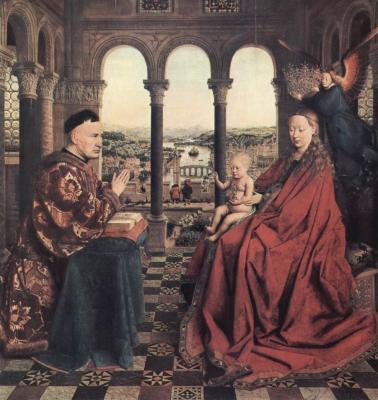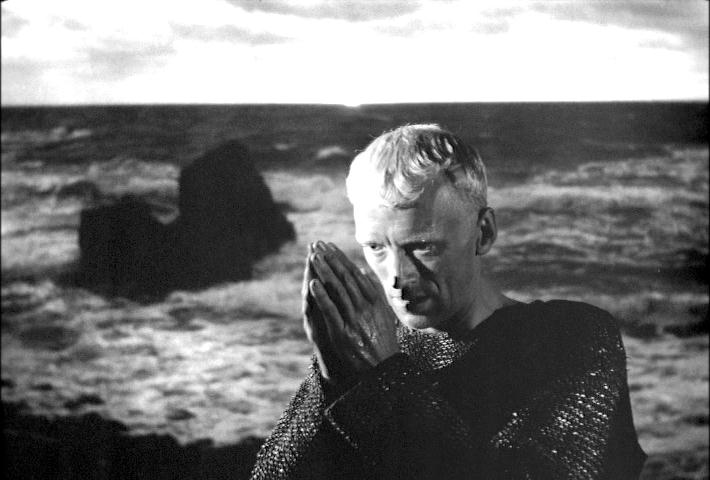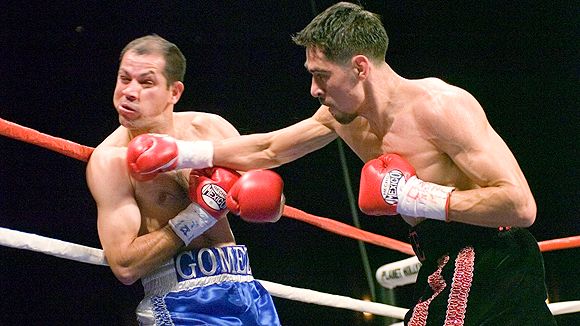http://readingeagle.com/article.aspx?id=345693 wrote:
Many scholars write off controversial Shakespeare film
The Associated Press 11/14/2011
NEW YORK - <<O, for a juicy literary dispute that would pit scholars against Hollywood, with charges of snobbery, materialism, elitism and opportunism flying around like so many slings and arrows - not to mention the specter of young minds poisoned by the character assassination of a hero.
Heard about the new movie "Anonymous"? The film by Roland Emmerich, a director better known for apocalyptic blockbusters than period dramas, opened Friday. But already, its contention that Shakespeare was a simpleton, a fraud and perhaps a murderer who never wrote a word of those great plays has set off some epic sniping of which the Bard himself might be proud. "A new low for Hollywood," said Columbia University professor James Shapiro. "Completely grotesque," said Stanley Wells, of the Shakespeare Birthplace Trust in Britain. Emmerich said he's been called names, and
screenwriter John Orloff said one critic even suggested he be taken "to the tower" - the Tower of London, that is. Orloff dismisses Shapiro's complaints as "frothing at the mouth."
Not that the authorship dispute is new, of course. It has been around since at least the mid-19th century (even that time is in dispute). Nor is the film's main contention new, that the actual author was the Earl of Oxford, Edward de Vere: There's a whole "Oxfordian" school of thought, along with a "Baconian" school (Francis Bacon). Some think it was playwright Christopher Marlowe, or even Queen Elizabeth I herself. But Emmerich's film goes further, pitting the story of Shakespeare in a political context involving a fight for succession using the plays as propaganda. As for Elizabeth: the Virgin Queen? Not so much. (The film suggests she had several children secretly, and one of them was born of incest.)
Also, some scholars are disturbed by the film's dismissal of complaints of factual errors with an "it's only a movie" explanation. "It's the best of both worlds for Emmerich," wrote Stephen Marche, a former Shakespeare professor, in The New York Times magazine. "He gets to question hundreds of years of legitimate scholarship ... because, after all, it's just a movie."
And then there's the educational push into schools. Sony, in concert with an educational company, has prepared
study guides for educators on the authorship question, as with some previous films. "I don't have a problem with Roland Emmerich drinking the Kool-Aid," said Columbia's Shapiro. "But when he serves it to kids in paper cups, I do." The acrimony is mystifying to some of the actors.
Rhys Ifans plays de Vere, and he feels like the authorship debate isn't even the central point of the film. "It's a political thriller," Ifans said. "It's a historical piece, a visual banquet. And it shows the potency of the theater as a vital form of change." Ifans enjoyed shooting the scenes where, as de Vere, he sits in a recreated Globe theater and mouths his own words as the crowd becomes entranced. He is, of course, the author, but must keep that secret. "I was really moved by the words," Ifans said. "
We owe it to whoever wrote these plays - him, her or a group of people - to ask these questions."
The actor mimes pulling a text down from a shelf, and blowing off the dust.
"That's what Roland is doing," he said with a smile. "He's cleansing the plays, elevating them. It's really refreshing."
Joely Richardson plays the younger Elizabeth, and her mother, Vanessa Redgrave, plays the older queen. Richardson says the cast would sit and discuss the authorship debate during filming. Many were swayed, she said, by various points of Emmerich's argument: that Shakespeare was a country bumpkin with only a grammar-school education; that there's no physical evidence of his writing (even a letter); that his daughters were illiterate; that his will didn't refer to any plays or books. "
All of us started to get pretty convinced," she said, including her mother, "
not necessarily that it was Oxford, but that it's definitely up for debate. There are just so many missing links."
Stratfordians argue the Oxfordian theory is impossible - de Vere died in 1604, before a number of Shakespeare's most famous plays were written. Others say not so fast: Do we know when the plays were written, or are we guessing? About the will, Shapiro argues that like other wills of the time, it had a separate inventory that hasn't been found.
One of the more eloquent cases against the Stratfordian view comes from the Shakespearean actor Mark Rylance, who was artistic director of Shakespeare's Globe Theatre in London for 10 years. He plays an actor in the film. "This anger about the film is bizarre, because Shakespeare has always been a mystery," he said. "It's not like Emmerich is the first person to question this. But once you really look at the man from Stratford, the mystery gets larger. Because, what we know of him just doesn't correspond to a writer's life." Rylance is one of more than 2,000 people who've signed a 2007 "
The Declaration of Reasonable Doubt." about the authorship. Among his co-signers: fellow actors Derek Jacobi (also in the film) and Jeremy Irons, and two U.S. Supreme Court justices. Most important for Rylance, who believes the plays could have been a collaboration, is the idea that the inquiry is based on a deeply felt appreciation for the work.
As for Emmerich himself, he doesn't share the long history with the material that his actors do, nor did he study much Shakespeare in school in Germany. But, he said, "I was always the kid who asked, 'Why?' " So when screenwriter Orloff pitched him a script he'd written, Emmerich became fascinated with the issue; he became convinced that the man from Stratford didn't write the plays. The rest of the film, he added, is presenting hypotheses of how things might have happened - including two fringe theories about Elizabeth and her supposed out-of-wedlock children.
"I really don't know what they're afraid about," said Emmerich of his critics, especially those worried about young people. "We have the greatest actors in this film, and they're doing Shakespeare's greatest hits. We're making Shakespeare cool!" He jokes that no one is happy with him - not the Stratfordians, and not the Oxfordians. On that, he is correct. "
We're a bit ambivalent about it," said Richard Malim, general secretary of the De Vere Society in Britain. "
It will make a lot of people sit up, but the trouble is there's so much manifest rubbish in it that we're in fear and trembling. It's completely unnecessary."
The Shakespeare Birthplace Trust is not ambivalent - it is furious. The charity, which promotes the playwright and his work, is running an online campaign to rebut the film's claims. It has also published an e-book, "Shakespeare Bites Back." And recently it blacked out Shakespeare's name on road and pub signs in his home county of Warwickshire to highlight its campaign against the movie.
All of which puzzles the actors who are realizing Emmerich's vision. "I don't see why people are threatened," Richardson said. "At the end of the day, it's all celebrating Shakespeare.">>



